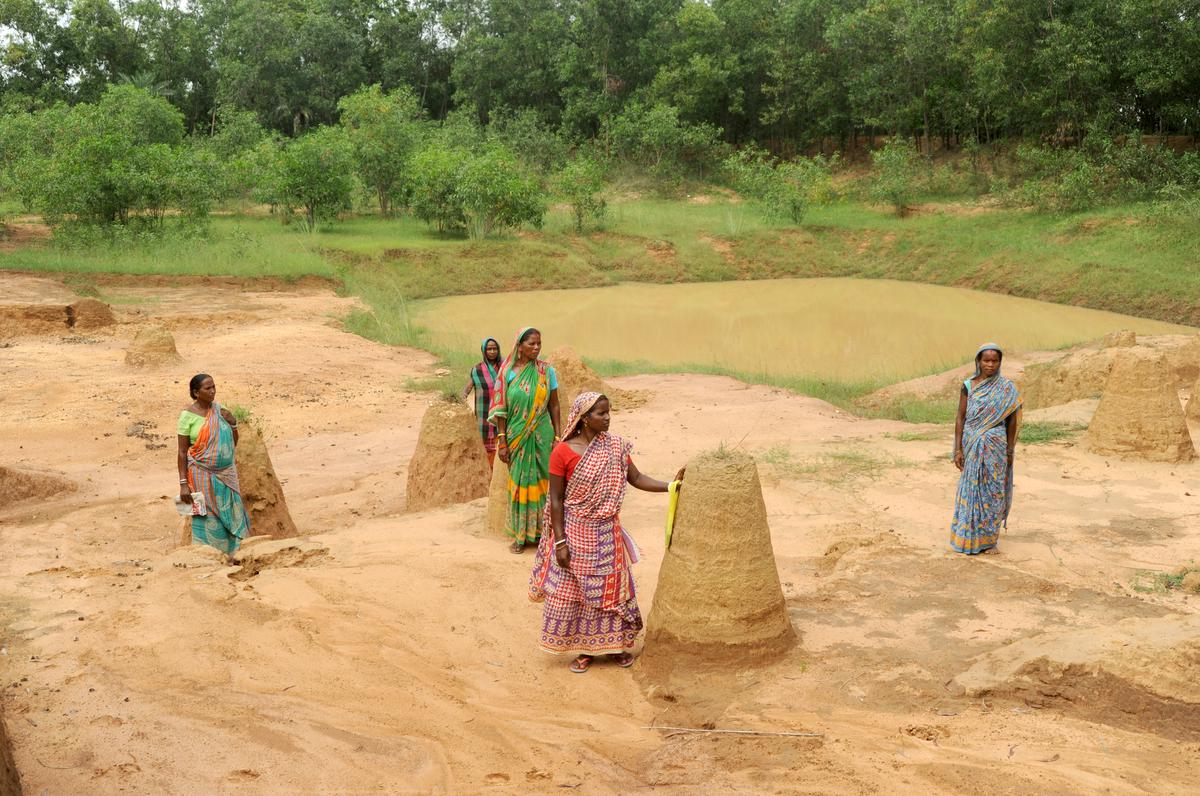The implementation of an Aadhaar-based payment system had been made mandatory on January 30, 2023 and will be implemented as of yesterday. After five extensions for state governments to calibrate their databases, it began to be implemented yesterday. For a worker in rural India to get wages, she or he must have his bank account and job card need to be linked with Aadhaar, and the account must also be connected to the National Payments Corporation of India’s ‘mapper.’
Sobhana K Nair notes that, “The Centre mandates payment of all MGNREGA wages through an Aadhaar-based system though 34.8% of registered workers and 12.7% of active workers are not eligible; 7.6 crore job cards deleted since April 2022.”
Ironically, the union government’s own data – according to the Union Rural Development Ministry – records that due to this controversial linking, as many as 34.8 % of job card holders remained ineligible for this mode of payment till as late as December 27.
The Hindu reported that since the first direction was issued, the rate of MGNREGA job card deletions sharply rose. The Hindu report also notes that according to LibTech India, a consortium of academics and activists, 7.6 crore workers have been deleted from the system over the last 21 months.
Besides, the newspapers sources in the government, however, claimed that till December 27, 12.7% of active workers were yet unconnected to the payment system. ‘Active workers’ are recognised as those who have worked for at least a single day over the last three financial years. The MGNREGA guarantees 100 days of work to rural households. Renowned economist, Jean Dreze, has, in an article for The Wire, written that as far, “as recklessness goes, this is on par with a national lockdown at four hours’ notice.”
The Narendra Modi government has attempted to weaken the essential job scheme despite its popularity, reducing allocation drastically in the 2023 Budget – to Rs 60,000 crore, after the revised estimate for FY’23 was at Rs 89,400 crore.
The fifth extension of the deadline to make the ABPS mandatory, giving State governments time to reconcile databases, ended on December 31, 2023. Since the first push in this direction, the rate of MGNREGA job card deletions has significantly risen, which activists working in the field say is directly linked to the mandatory imposition of this payment method.
The first order to enforce ABPS was issued on January 30, 2023, followed by extensions till February 1, March 31, June 30, August 31, and finally December 31. According to the Union Rural Development Ministry’s data, 34.8 % of job card holders still remain ineligible for this mode of payment as on December 27.
Related:
MNREGS numbers double in states after migrant labourers return home
It’s Welfare & Social Justice under the Indian Constitution, not “freebies”
